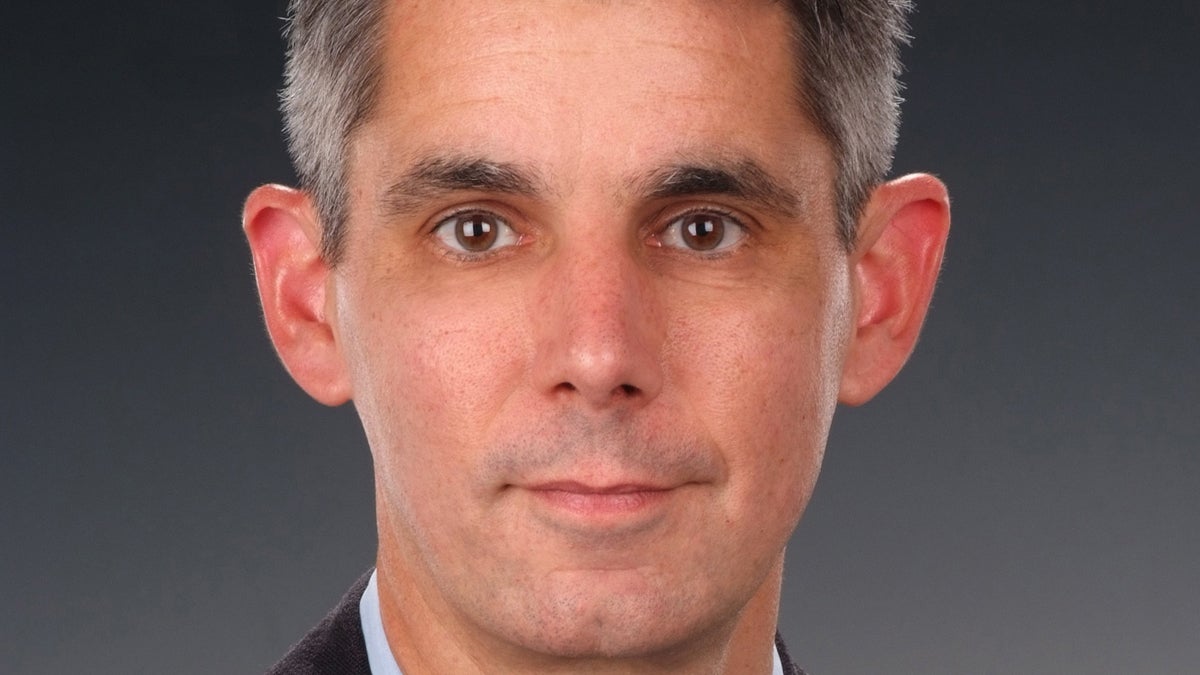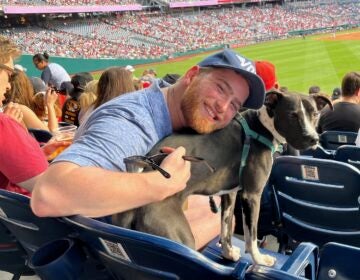Sometimes the key to avoiding burnout is at work, not home

Medical jobs can be interpersonally intense, including major decisions about someone else’s life — and death. Penn’s Dr. David J. Casarett says the daily grind for physicians can lead to burnout, and he has an idea for how to avoid it.
It’s one thing to talk generally about pruning back our choices in our work lives, but it’s helpful to see how it works in a specific professional field. One of the first ones that came to mind for me was medicine. Care-giving jobs can be interpersonally intense, including major decisions about someone else’s life — and death.
I’d seen a recent NewsWorks story on someone who encounters the latter in particular every day: Dr. David J. Casarett, associate professor of medicine at the University of Pennsylvania, and the Perelman School of Medicine’s director of hospice and palliative care. His recent book is “Shocked: Adventures in Bringing Back the Recently Dead.” So I wondered the obvious: How does someone who confronts death daily deal with burnout on the job?
On the one hand, says Casarett, the timing can help.
“[Palliative-care physicians] could seem to be more protected from burnout emotionally than, say, oncology physicians. Because they’re usually forming relationships with patients that can last years,” he says, “whereas palliative care involves shorter-term relationships toward the end of life. Because of the trajectory of patient illness, seeing them very late — to some degree — can protect physicians.”
But there’s a flip side. “Palliative care usually needs more support financially from the hospital. It’s teamwork over a longer period of time,” Casarett says. “There’s pressure to lose less money and not be a burden on the hospital, so an individual physician needs to see a lot of patients.”
And that can really wear on physicians in their daily experience.
“It’s becoming a burnout concern, because we have a financial model in which physicians have to work really hard to justify their existence in a setting that actually needs more time per patient, not less,” he explains. “So physicians take on more patients and heavier workloads.”
Though, he adds hopefully, “Younger physicians seem more aware and demanding of work/life balance.”
When I asked him about his own balance, Casarett had a good point to make — one that I’d experienced in my own work but hadn’t really named before. “I’ve observed for myself and colleagues that a big source of support isn’t getting out of the hospital but debriefing with people you work with,” he says.
“I had lunch a couple of years ago with a friend, Steve Bergman,” he continues, “who had written ‘The House of God‘ under the name Samuel Shem, about life as a medical resident. Bergman had felt that the key to preventing burnout is to do more processing at work rather than at home.
“A lot of people do find that productive, and I do too,” Casarett says. “If there’s a difficult case or situation, I try to get support at work rather than taking it home with us.”
Anything else?
“Well,” he laughs, “I write books.” He’s published several and has a novel currently in the works.
I couldn’t help but grin. One man’s stressor is another man’s salvation.
WHYY is your source for fact-based, in-depth journalism and information. As a nonprofit organization, we rely on financial support from readers like you. Please give today.




